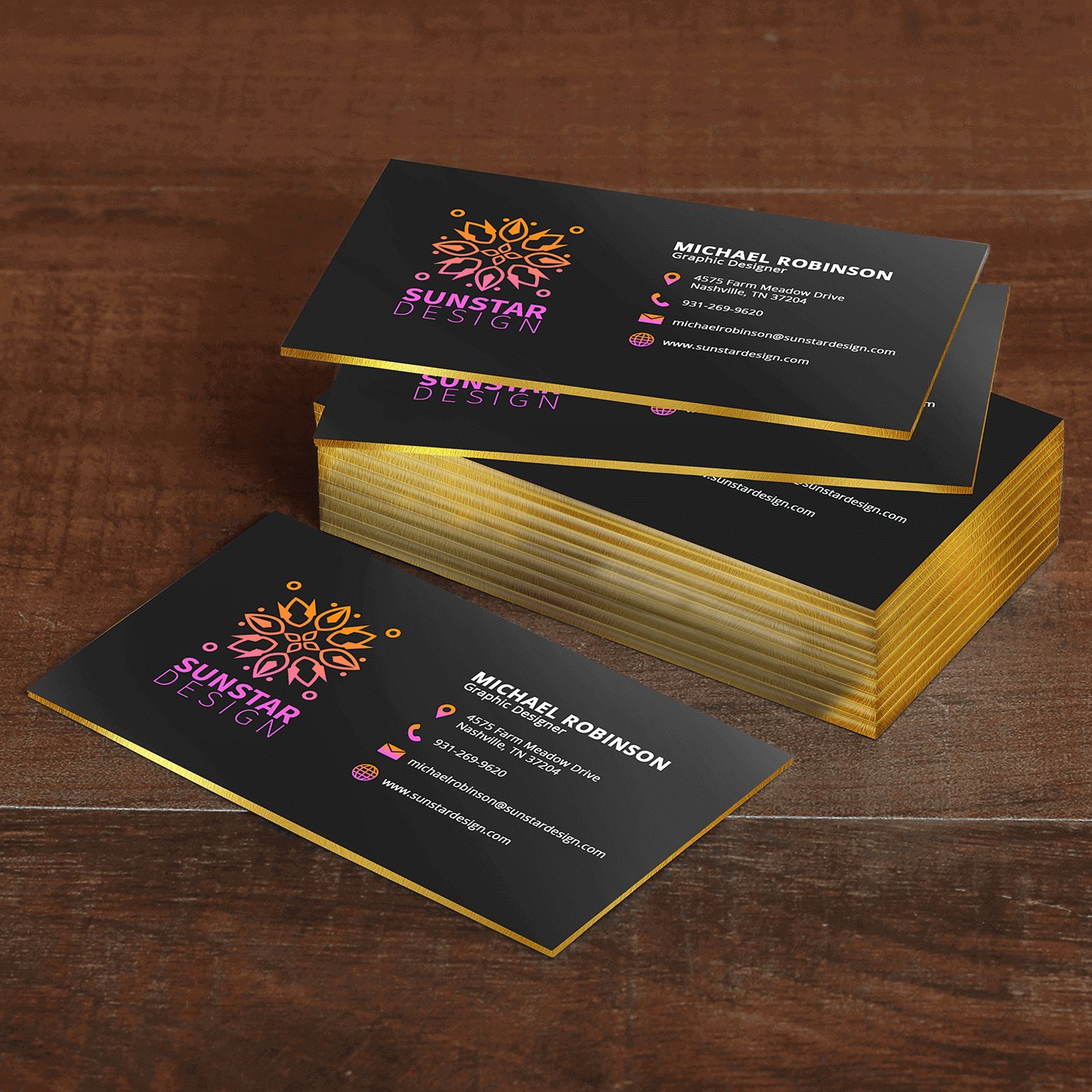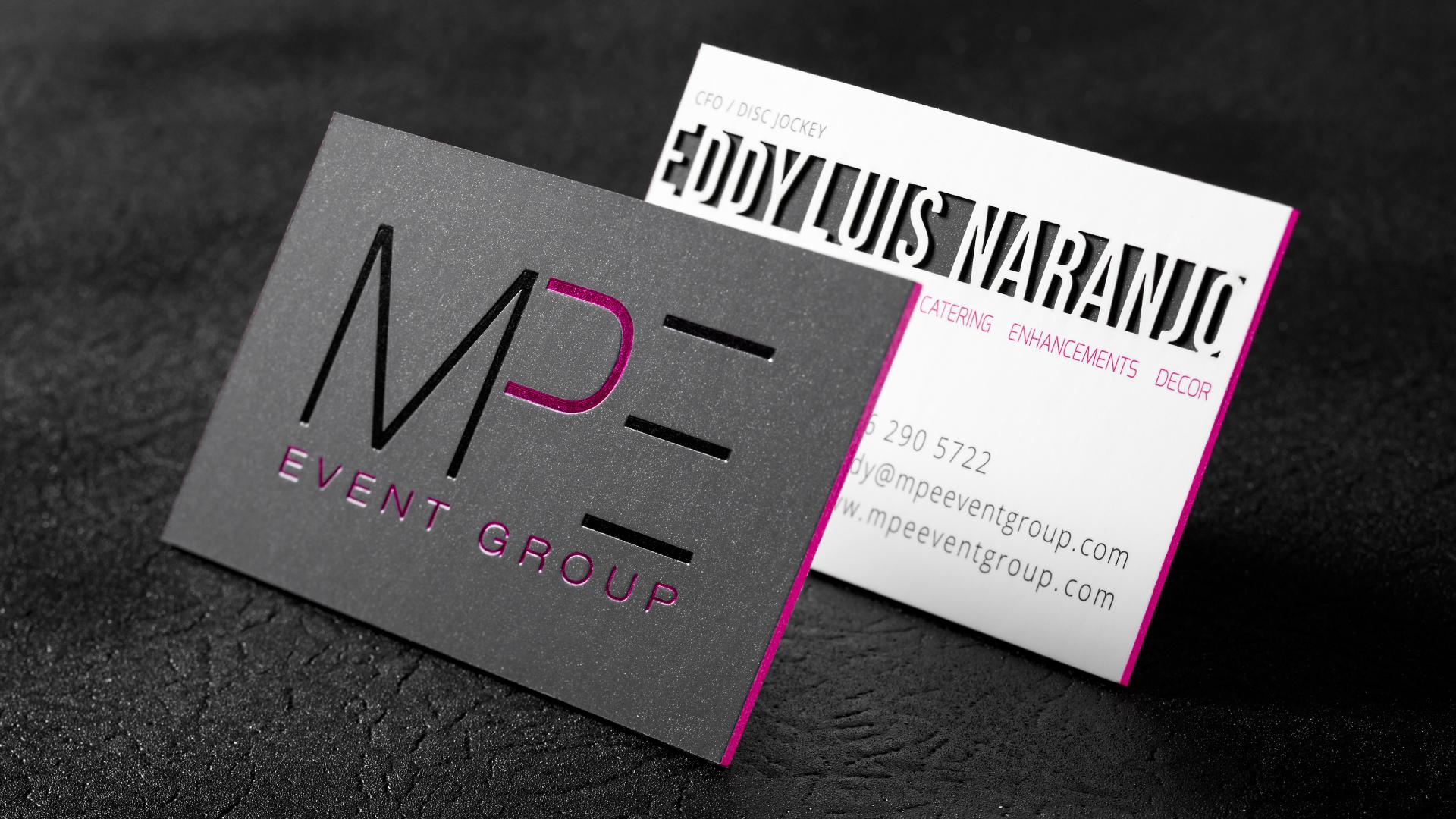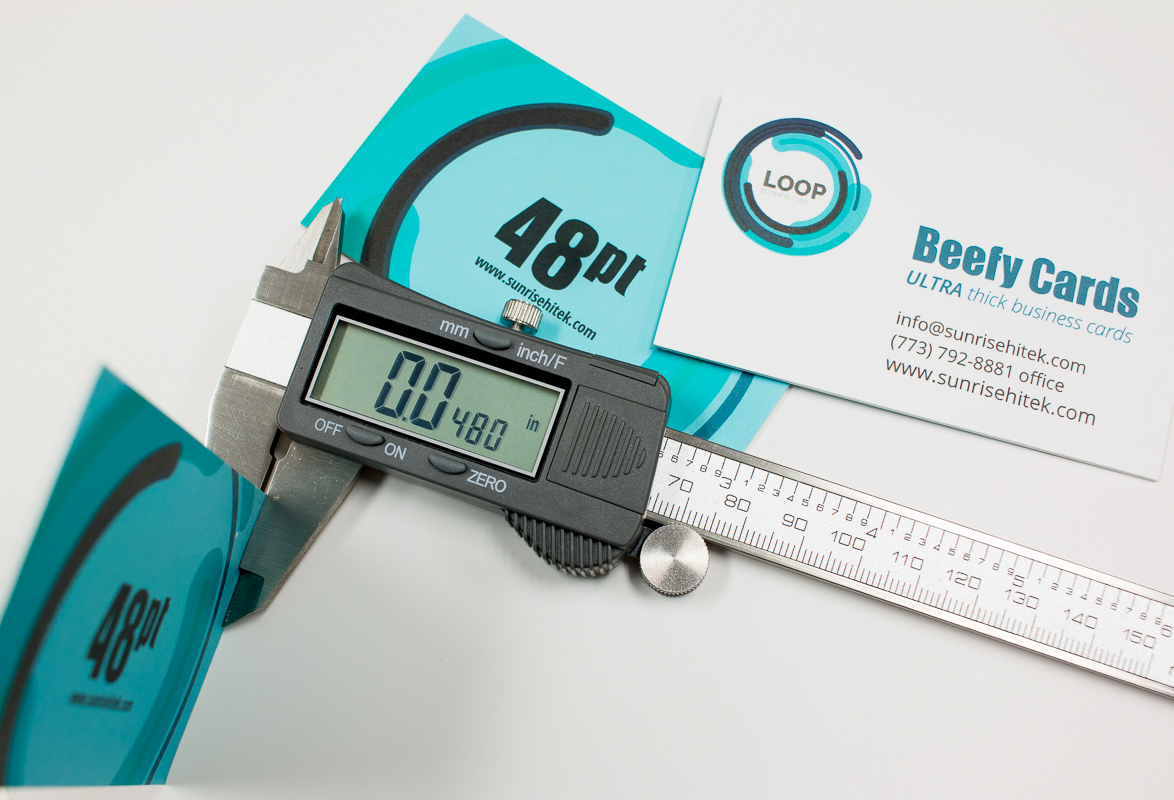
When it comes to business cards, one important aspect to consider is their thickness. A thick business card can leave a lasting impression on potential clients and customers, making your business stand out from the competition. In this article, we will explore the various thickness options available for business cards and discuss their significance in the world of networking and branding.
The Importance of Business Card Thickness

Before we delve into the specifics, let’s discuss why the thickness of a business card matters. In today’s digital world, where virtual connections are prevalent, physical business cards still hold immense value. They serve as tangible reminders of face-to-face interactions and provide an opportunity to make a memorable impression.
A thicker business card not only exudes professionalism but also conveys durability and reliability. It gives the cardholder a sense of confidence in your brand, as they can feel the weight and quality of the card in their hands. While the design and content on a business card are crucial, the thickness adds another layer of sophistication and attention to detail.
Standard Business Card Thickness

Most traditional business cards are typically printed on standard cardstock, which typically has a thickness of around 14 to 16 points or 0.014 to 0.016 inches (0.35 to 0.4 mm). This standard thickness strikes a balance between durability and affordability, making it a common choice for many professionals.
A 14-point business card feels sturdy in hand and provides a good surface for printing high-quality graphics and text. It is also suitable for various finishes such as matte or gloss, allowing you to enhance the visual appeal of your design.
Thicker Business Cards for Enhanced Impact
If you want to make a more substantial statement with your business cards, you may consider opting for a thicker option. Thick business cards are available in various increments above the standard thickness, giving your cards a more premium feel.
18-Point Thick Business Cards
One step up from the standard thickness is the 18-point business card, which measures approximately 0.018 inches (0.46 mm) thick. This additional thickness adds a noticeable weight to the card, giving it a more substantial presence.
An 18-point business card can convey a sense of quality and exclusivity, as it stands out from the crowd of standard cards. The extra thickness allows for creative finishes, such as foil stamping or embossing, which can elevate the design to another level. When you hand out an 18-point business card, it commands attention and demonstrates that you mean business.
32-Point Ultra Thick Business Cards
For those who want to leave an unforgettable impression, ultra-thick business cards are the perfect choice. Ranging from 30 to 32 points (0.03 to 0.032 inches, or 0.76 to 0.81 mm) in thickness, these cards are exceptionally hefty and substantial.
The ultra-thick business cards offer a luxurious feel and extreme durability. They can withstand rough handling and are less prone to bending or creasing. This level of thickness gives an immediate sense of quality and craftsmanship, instantly elevating the perception of your brand. If you truly want your business card to stand out and make a lasting impression, the 32-point ultra-thick option should be on your radar.
Specialty Materials and Alternatives

In addition to varying thickness options, you can also experiment with alternative materials to give your business cards a unique touch. While thick cardstock is the most common choice, other specialty materials can add even more wow factor to your cards.
Plastic Business Cards
Plastic business cards provide a modern and durable alternative to traditional paper-based cards. They can be made from a range of materials like PVC or transparent plastic. These cards are not measured in points but rather in the thickness of the plastic. Plastic cards are highly resistant to water, tearing, and general wear and tear.
Metal Business Cards
For the ultimate in luxury and sophistication, metal business cards make a bold statement. Typically made from stainless steel, brass, or copper, metal cards are eye-catching and unforgettable. The thickness of metal business cards can vary depending on the material and customization options.
While metal cards are less common due to their higher cost and limited printability, they can be an excellent choice for select industries or special occasions. Many opt for metal cards to leave a lasting impression on VIP clients or to showcase a premium brand.
Conclusion

When it comes to business cards, thickness matters. The thickness of a business card can enhance its visual appeal, durability, and perceived value. While standard 14-point cardstock is the most common choice, opting for thicker options like 18-point or ultra-thick 32-point cards can leave a memorable impression.
Consider your branding, target audience, and budget when selecting the thickness of your business cards. Remember that thicker cards allow for unique finishes, like foil stamping or embossing, which can add another layer of sophistication to your design.
Whatever thickness you choose, ensure that your business card represents your brand and makes a lasting impression on the individuals you exchange it with. So go ahead, make a statement with your business cards, and leave a lasting impact on your industry.
Olivia Reynolds, a marketing maven, is passionate about the impact of graphic design on brand success. Her love for outdoor adventures and travel fuels her fresh perspective on the importance of visual aesthetics in business cards and branding.